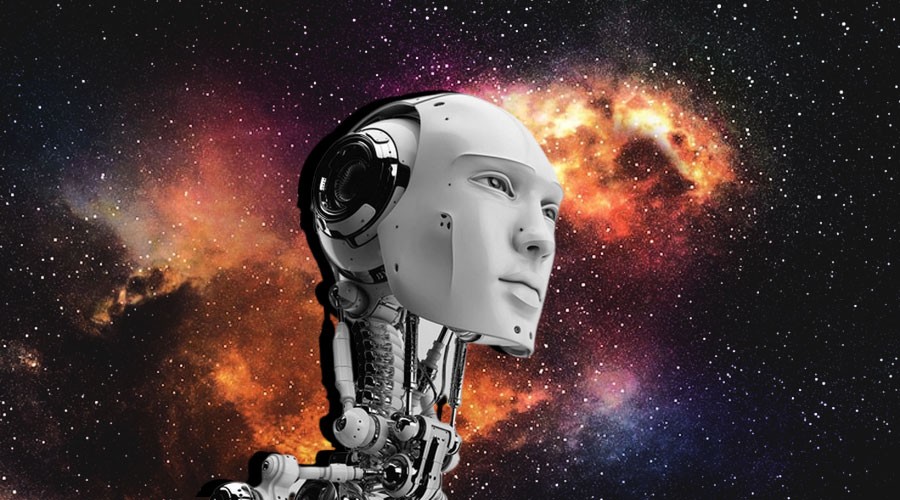Exploration has long been a driving force in human history, spurring us to venture into the unknown and unlock the mysteries of the universe. Today, with the advent of artificial intelligence (AI), our capacity for exploration has reached unprecedented heights. From deep space to ocean depths, AI is revolutionizing the way we explore and understand the world around us, enabling us to push the boundaries of what is known and discover new frontiers AI exploration.
Space Exploration: Unlocking the Secrets of the Cosmos
Space has always held a fascination for humanity, inspiring countless explorers to gaze up at the stars and wonder what lies beyond. With the help of AI, we are now able to delve deeper into the cosmos than ever before, unlocking the secrets of distant galaxies and unraveling the mysteries of the universe.
One of the most significant applications of AI in space exploration is in the analysis of vast amounts of astronomical data. With telescopes and satellites capturing terabytes of data every day, AI algorithms are essential for identifying patterns, trends, and anomalies within this data, enabling astronomers to make groundbreaking discoveries.
For example, AI-powered algorithms have been instrumental in the discovery of exoplanets—planets orbiting stars outside our solar system. By analyzing data from telescopes such as NASA’s Kepler Space Telescope, AI algorithms can detect subtle changes in the brightness of stars caused by the passage of orbiting planets, helping astronomers identify potentially habitable worlds.
Ocean Exploration: Mapping the Last Frontier on Earth
While space may be the final frontier, the depths of our oceans remain one of the least explored and understood areas on Earth. With AI, we are now able to explore these underwater realms with unprecedented precision and detail, shedding light on the mysteries that lie beneath the waves.
AI-powered autonomous underwater vehicles (AUVs) equipped with sensors and cameras can navigate the ocean floor, collecting data and creating high-resolution maps of underwater topography. These maps provide valuable insights into oceanic geology, marine ecosystems, and the effects of climate change on marine environments.
Furthermore, AI algorithms are also being used to analyze underwater imagery and identify marine species. By training machine learning models on vast datasets of underwater imagery, scientists can teach AI algorithms to recognize and classify different species of fish, corals, and other marine life, helping to monitor biodiversity and assess the health of marine ecosystems.
Challenges and Considerations
While AI has the potential to revolutionize exploration, it also presents challenges and considerations. In space exploration, for example, there are technical challenges associated with the development and deployment of AI-powered spacecraft and rovers, as well as ethical considerations related to the potential for AI to make autonomous decisions in space.
Similarly, in ocean exploration, there are challenges associated with operating AI-powered AUVs in remote and hostile environments, as well as ethical considerations related to the impact of human activities on marine ecosystems.
Conclusion
In conclusion, AI is revolutionizing modern exploration, enabling us to push the boundaries of what is known and discover new frontiers in space and the ocean. By leveraging advanced algorithms and machine learning techniques, we are able to analyze vast amounts of data, navigate complex environments, and make groundbreaking discoveries that were once unimaginable.
As AI continues to advance and evolve, its impact on exploration will only continue to grow. By harnessing the power of AI, we can unlock the secrets of the cosmos, map the depths of the ocean, and explore new realms of possibility, shaping the future of exploration for generations to come.

